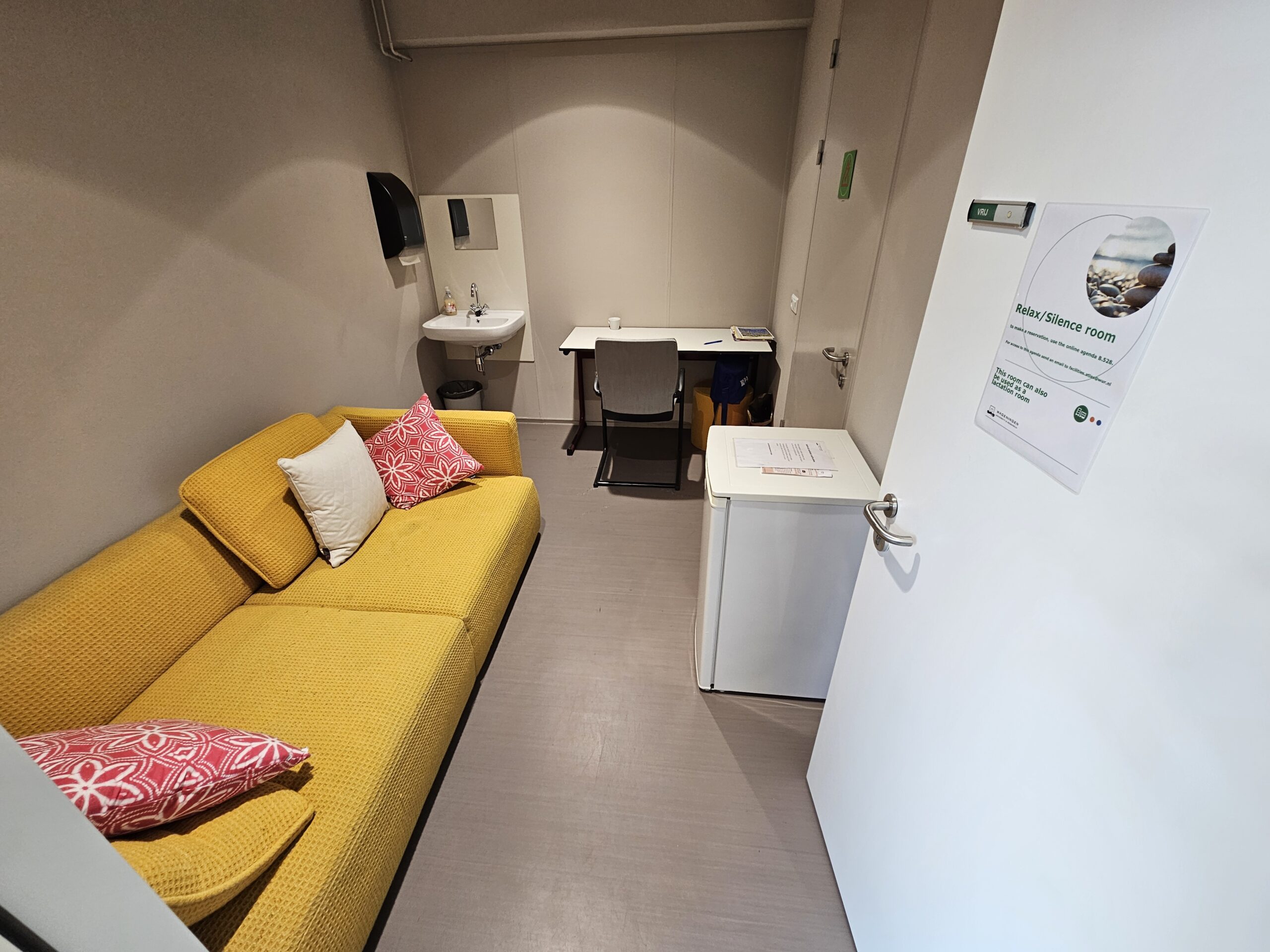So far, 10 of the 42 Dutch universities and colleges approached have signed Amnesty’s manifesto pledging to deal with unacceptable behaviour on campus. The Higher Education News Agency (HOP) reported this early this week.
The manifesto (in Dutch) followed a study by the human rights organization which revealed that rape is relatively common among students and that the majority of them do not know where they can get help within an institution after being sexually assaulted. Recent research by the Dutch National Students Association (ISO) and the Education Inspectorate confirmed the impression that victims of ‘unsafe situations’ often do not report them, so that problems sometimes remain hidden.
Own plan
VU University Amsterdam was the first university to sign the Amnesty Manifesto last year. Since then, only nine other institutions have followed suit. In September, WUR announced that it would not be signing the manifesto and would instead draw up its own plan for combatting sexual violence.
With that in mind, WUR, the municipality, Idealis and the Wageningen student societies got together to discuss how they could make Wageningen a safer place for students, both at the university and elsewhere. The new Resource magazine will elaborate on how the student societies have been following this up.
Urgency
Amnesty recognizes that the low number of signatories does not mean that colleges and universities are downplaying the problem. ‘The institutions do feel the urgency of the matter, especially after the furore surrounding The Voice and the studies among students that have come out. They are working on it and we have the feeling that it is being taken seriously,’ Amnesty’s campaign assistant Janna Willems told HOP.
She is hoping for more signatures under the manifesto. ‘We expect another 10 institutions to sign within a few weeks and that will take the total to 20. It is an important signal to students and the outside world, so we hope that all the institutions will join in before next academic year.’

 Many institutions prefer to develop their own approach to stopping sexual violence. Photo Erwan Hesry/Unsplash
Many institutions prefer to develop their own approach to stopping sexual violence. Photo Erwan Hesry/Unsplash 

